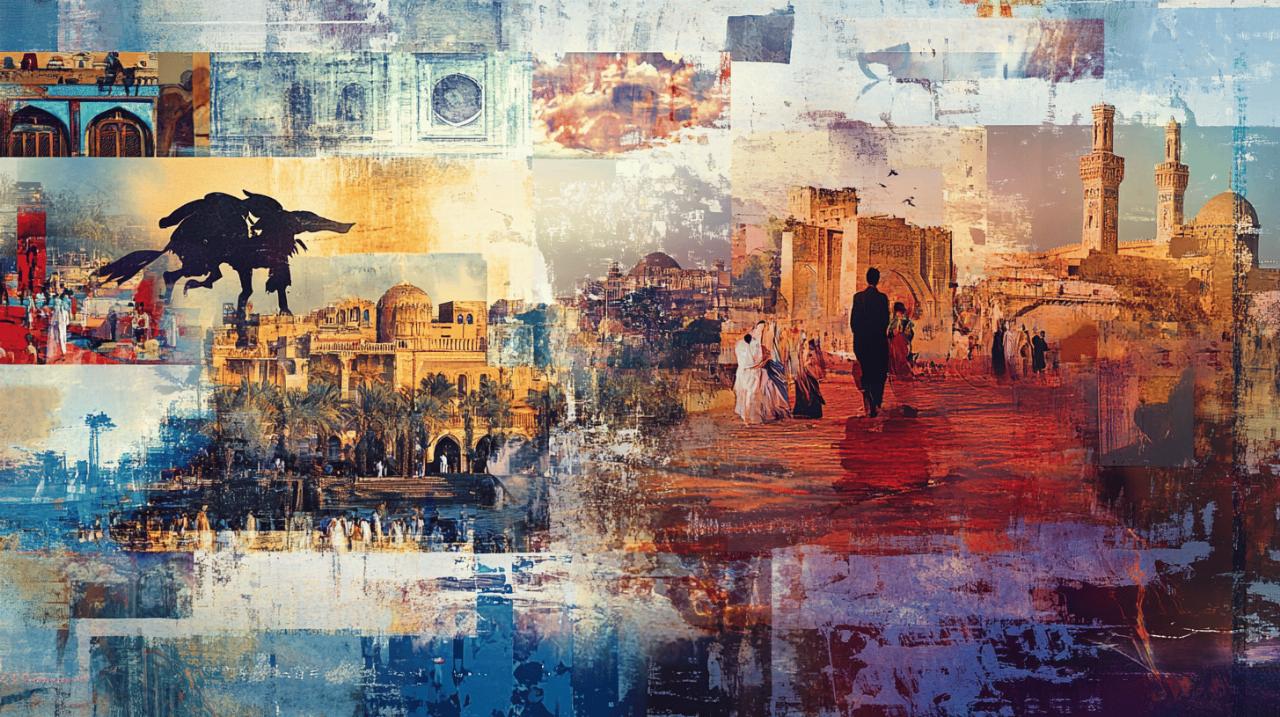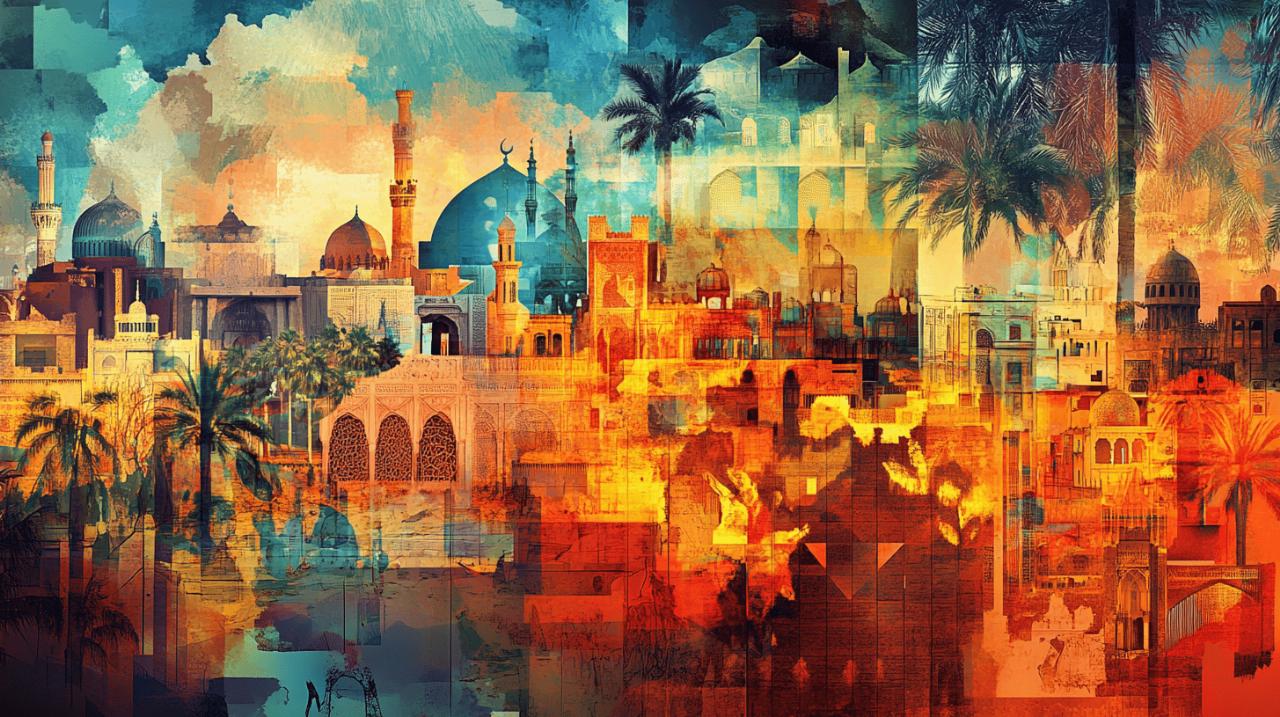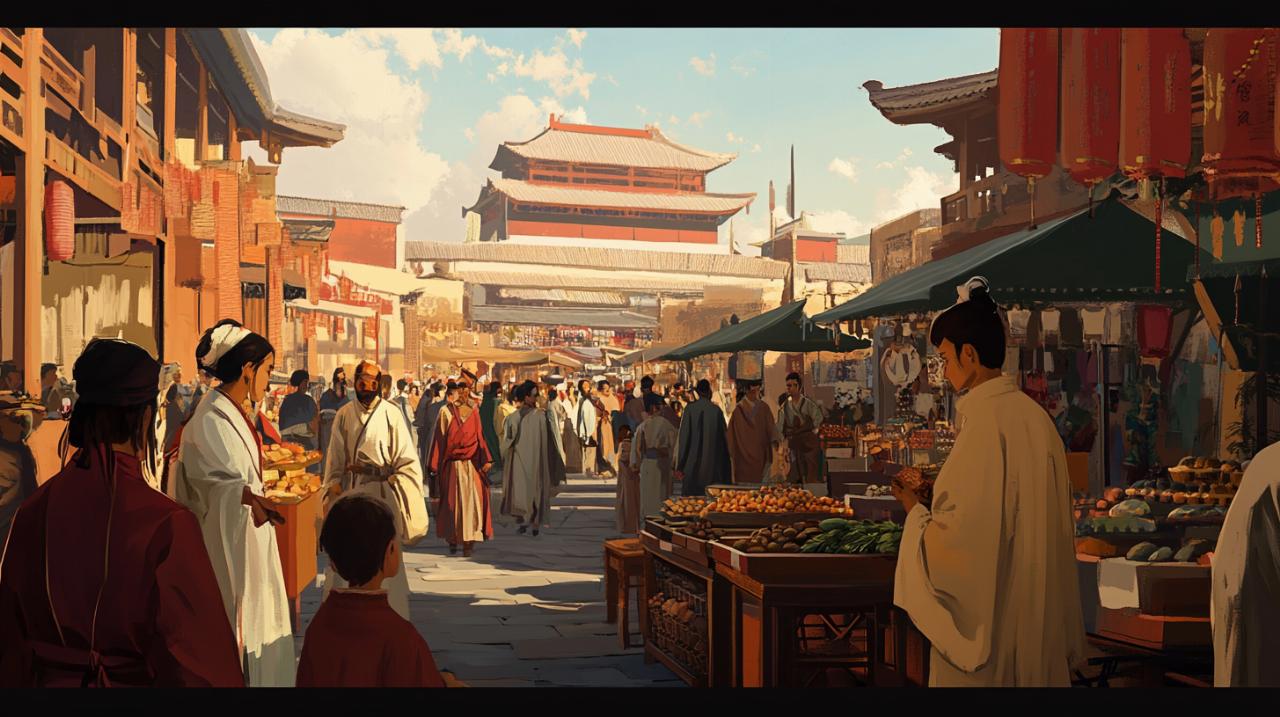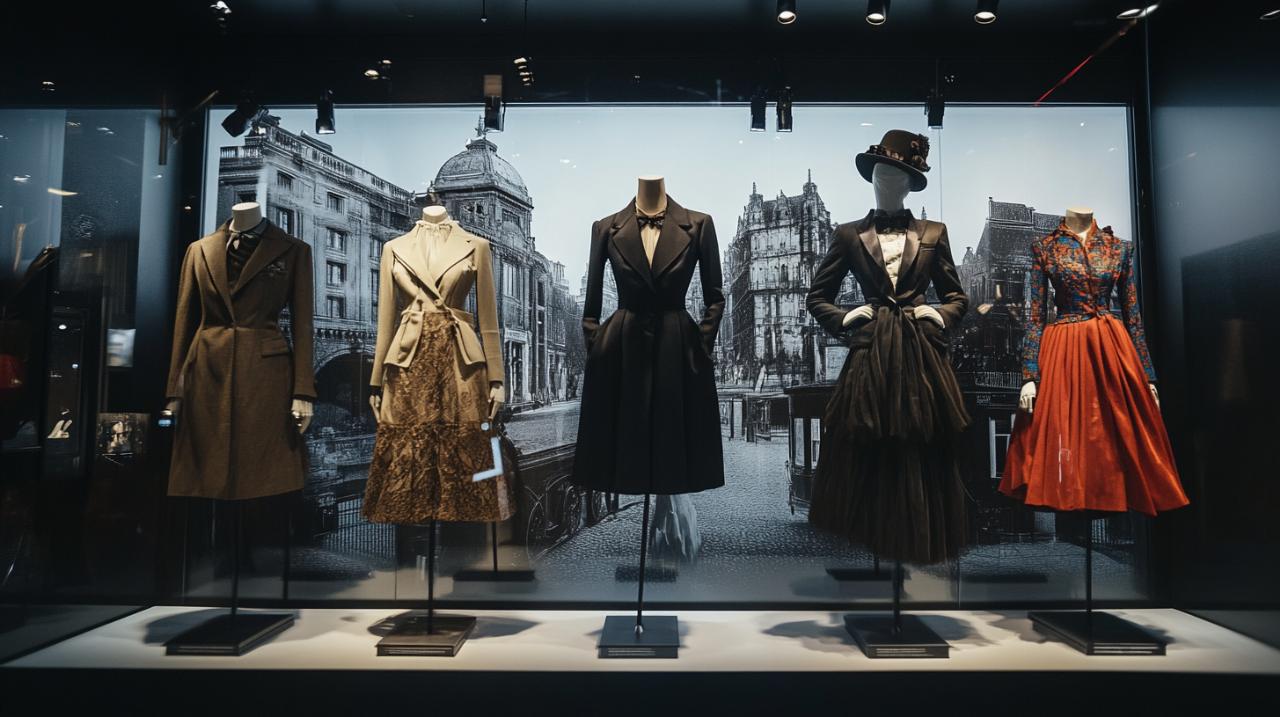The vast and varied landscape of Arab cinema offers audiences worldwide a unique opportunity to engage with the cultural, historical, and social dimensions of the Middle East in ways that transcend conventional media narratives. Through the lens of film, one can explore not only the artistic ambitions of directors from countries such as Egypt, Lebanon, Tunisia, Saudi Arabia, Sudan, and Syria, but also the profound questions these works raise about identity, heritage, and the evolving challenges faced by diverse communities across the region. This cinematic tradition, stretching from the golden age of Egyptian film to the contemporary independent productions winning accolades at international festivals, serves as both a mirror and a window, reflecting complex realities whilst inviting empathy and understanding.
Arab Cinema: A Gateway to Understanding Middle Eastern Heritage and Identity
The Evolution of Arab Filmmaking from Classical to Contemporary Narratives
Arab cinema has undergone a remarkable transformation over the decades, moving from the melodramatic classics of mid-twentieth-century Egypt to the bold, introspective works emerging from across the Middle East today. Egyptian films, in particular, played a pioneering role in shaping the region's cinematic voice, with productions such as Cairo Station from 1958 capturing the raw struggles of class disparity and the aching loneliness of unrequited love within the bustling urban environment of Egypt's capital. This film, among others from the same era, laid the groundwork for a tradition of storytelling that sought to depict everyday lives with unflinching honesty, a quality that remains central to Arab filmmaking today.
As the years progressed, filmmakers began to experiment with form and content, pushing the boundaries of what cinema could express. The artistic exploration evident in Al-Mummia from 1969 demonstrated a willingness to delve into themes of identity and heritage, using the medium to question and celebrate the legacies that define Arab culture. These early works established a foundation upon which later directors would build, creating narratives that not only entertained but also provoked critical thought about the societies they portrayed. The evolution of this cinematic language reflects broader shifts within the Arab world itself, as nations grappled with the legacies of colonialism, the pressures of modernisation, and the ongoing quest for self-definition in a rapidly changing global landscape.
How arab directors challenge western perceptions through authentic storytelling
One of the most significant contributions of Arab cinema lies in its capacity to challenge and dismantle the stereotypes and misconceptions that have long dominated Western portrayals of the Middle East. Directors from the region have consistently used their craft to present nuanced, multifaceted perspectives that resist simplistic characterisations. By grounding their narratives in authentic experiences and local contexts, these filmmakers invite international audiences to reconsider preconceived notions and engage with the Arab world on its own terms. This approach not only enriches global cinema but also fosters a more informed and empathetic understanding of cultures that are often misrepresented or overlooked.
Films such as Wadjda, the first feature-length production to emerge from Saudi Arabia in 2012, exemplify this counter-narrative strategy. The story of a young girl determined to own a bicycle despite societal restrictions offers a window into the complexities of gender norms and the quiet acts of resistance that characterise many lives within conservative settings. Rather than resorting to sensationalism or exoticisation, Wadjda presents its protagonist's aspirations with dignity and warmth, allowing viewers to appreciate the universal desire for freedom and self-expression that transcends cultural boundaries. Similarly, Capernaum, a Lebanese film from 2018, exposes the harsh realities of poverty through the eyes of a young boy navigating a world marked by neglect and systemic failure. By centring marginalised voices and highlighting social issues with both sensitivity and urgency, Arab directors continue to reshape the global conversation about the region, asserting their right to tell their own stories with authenticity and integrity.
Historical epics that illuminate the arab world's complex social landscape
Epic productions addressing colonialism, revolution, and national identity
Historical epics within Arab cinema serve as vital instruments for examining the forces that have shaped contemporary Middle Eastern societies. These films often revisit pivotal moments of colonial domination, revolutionary upheaval, and the painful processes of nation-building, offering audiences a chance to reflect on the enduring legacies of these events. By dramatising the struggles and triumphs of past generations, directors not only honour their collective memory but also illuminate the connections between history and the present day. Such narratives are essential for understanding the complex social fabric of the Arab world, where the scars of colonialism and the hopes of independence continue to influence political and cultural discourse.
The Silences of the Palace, a Tunisian film released in 1994, exemplifies this approach by exploring the lives of women in post-colonial Tunisia. Through its portrayal of domestic labour and the intimate relationships forged within the confines of a palace, the film sheds light on the intersecting oppressions of gender, class, and national subjugation. It captures the quiet resilience of women who navigated a world in transition, caught between the remnants of colonial rule and the uncertain promises of a newly independent state. Similarly, Ashkal: The Tunisian Investigation, a thriller from 2022, uses the backdrop of mysterious deaths following the revolution to interrogate the unresolved tensions and unmet aspirations that characterise post-revolutionary societies. These films demonstrate how historical context enriches contemporary storytelling, providing depth and resonance that extend far beyond the screen.
The Role of Historical Context in Modern Arab Cinema's Global Recognition
The increasing global recognition of Arab cinema can be attributed in part to its sophisticated engagement with historical and social contexts. Audiences at international festivals have come to appreciate the richness and complexity of narratives that draw on lived experiences and collective memory, rather than relying on formulaic plots or superficial exoticism. Films that tackle themes such as colonialism, revolution, and national identity resonate not only with Arab viewers but also with anyone interested in understanding the forces that shape human societies. This universal appeal has helped Arab filmmakers gain prominence on the world stage, earning accolades and sparking critical dialogue about the role of cinema in illuminating historical truths.
For instance, You Will Die at Twenty, a Sudanese film from 2019, tells the story of a boy burdened by a prophecy that he will perish at the age of twenty. Set against the backdrop of Sudan's turbulent recent history, the film uses its central narrative to explore themes of fate, faith, and the weight of expectation. By anchoring its fictional premise in a recognisable cultural and political landscape, the film invites viewers to consider how individual lives are shaped by broader historical forces. This interplay between personal story and collective experience is a hallmark of much contemporary Arab cinema, and it is precisely this quality that has captivated international audiences and critics alike. As more Arab films receive attention at prestigious festivals, the global film community is gradually acknowledging the vital contributions of Middle Eastern directors to the art form.
Masterful arab films that redefine cultural representation at international festivals
Award-winning productions that showcase arab artistry and social commentary
 The recognition garnered by Arab films at international festivals underscores the exceptional artistry and profound social commentary that characterise this body of work. Productions such as Capernaum and For Sama have not only won awards but have also sparked conversations about the human cost of conflict, poverty, and displacement. Capernaum, with its unflinching portrayal of a young boy's struggle against the systemic neglect that defines his existence, serves as a powerful indictment of social injustice. Its success on the festival circuit demonstrates that audiences are hungry for stories that confront uncomfortable truths and challenge complacency.
The recognition garnered by Arab films at international festivals underscores the exceptional artistry and profound social commentary that characterise this body of work. Productions such as Capernaum and For Sama have not only won awards but have also sparked conversations about the human cost of conflict, poverty, and displacement. Capernaum, with its unflinching portrayal of a young boy's struggle against the systemic neglect that defines his existence, serves as a powerful indictment of social injustice. Its success on the festival circuit demonstrates that audiences are hungry for stories that confront uncomfortable truths and challenge complacency.
For Sama, a documentary filmed in Syria and released in 2019, offers an intensely personal perspective on the Syrian conflict. Framed as a message from a mother to her daughter, the film captures the daily realities of life under siege with a raw intimacy that is both heartbreaking and inspiring. Its success at international festivals highlights the power of documentary filmmaking to bear witness to historical atrocities and to humanise the experiences of those caught in the crossfire. These award-winning productions exemplify the ways in which Arab cinema combines artistic excellence with a commitment to social justice, using the medium to amplify marginalised voices and to advocate for change.
Emerging Talents Reshaping the Future of Middle Eastern Cinema
The future of Arab cinema looks increasingly vibrant, thanks to a new generation of filmmakers who are pushing the boundaries of the medium and exploring fresh narrative possibilities. These emerging talents bring diverse perspectives and innovative techniques to their work, ensuring that the tradition of Arab filmmaking remains dynamic and relevant. Young directors are not only addressing contemporary social issues but are also experimenting with genre, form, and style in ways that challenge conventional expectations. Their contributions are reshaping the landscape of Middle Eastern cinema, making it more inclusive and varied than ever before.
Films such as Ashkal: The Tunisian Investigation reflect this spirit of innovation, blending thriller conventions with social critique to create a work that is both entertaining and thought-provoking. By drawing on the unresolved tensions of post-revolutionary Tunisia, the film engages with questions of justice, memory, and accountability in ways that resonate with audiences across the globe. Similarly, the success of Wadjda paved the way for other directors in Saudi Arabia and beyond to tell stories that had previously been marginalised or silenced. As these emerging talents continue to gain recognition and support, they are ensuring that Arab cinema will remain a vital and influential force in the global film industry for years to come.
The Cultural Significance of Supporting and Discovering Arab Cinema Today
Why Audiences Should Explore Arab Films for Nuanced Perspectives on Contemporary Issues
Engaging with Arab cinema offers audiences an opportunity to gain nuanced perspectives on contemporary issues that are often oversimplified or misrepresented in mainstream media. By exploring the diverse narratives produced by filmmakers from across the Middle East, viewers can develop a more informed understanding of the region's cultural, social, and political complexities. These films tackle topics ranging from gender norms and class struggles to the legacies of colonialism and the impacts of conflict, all whilst celebrating the resilience and creativity of the communities they depict. In a world where cross-cultural understanding is increasingly vital, Arab cinema serves as an essential resource for fostering empathy and dialogue.
The richness of Arab culture is evident in every frame of films such as Cairo Station, which captures the tension between tradition and modernity in mid-twentieth-century Egypt, or Al-Mummia, which uses the medium to reflect on heritage and identity. By watching these films, audiences can appreciate the depth and diversity of Arab societies, moving beyond monolithic stereotypes to recognise the individuality and humanity of those who live in the region. This kind of engagement is not only intellectually rewarding but also morally imperative, as it challenges the prejudices and assumptions that often underpin political and social discourse about the Middle East.
Building Cross-Cultural Dialogue Through the Power of Arab Storytelling
The power of storytelling to build bridges between cultures cannot be overstated, and Arab cinema exemplifies this potential. By sharing their stories with international audiences, Arab filmmakers contribute to a broader conversation about what it means to be human in a world marked by diversity and difference. These narratives invite viewers to reflect on their own assumptions and to consider the ways in which their perspectives have been shaped by cultural context and historical circumstance. In doing so, they foster a spirit of curiosity and openness that is essential for meaningful cross-cultural dialogue.
Films like For Sama and The Silences of the Palace remind us that cinema is not merely a form of entertainment but a tool for education and transformation. They challenge us to confront uncomfortable truths about inequality, injustice, and suffering, whilst also celebrating the strength and resilience of those who endure. By supporting Arab cinema, whether by attending screenings, promoting films through social media, or simply seeking out these works in our own viewing habits, we participate in a collective effort to honour the voices of filmmakers who have dedicated their lives to telling stories that matter. In a time when the world feels increasingly divided, the shared experience of watching a film can remind us of our common humanity and the value of listening to perspectives that differ from our own. Arab cinema, with its rich tapestry of narratives and its commitment to authenticity, offers a powerful means of achieving this goal, making it an indispensable part of the global cultural landscape.




